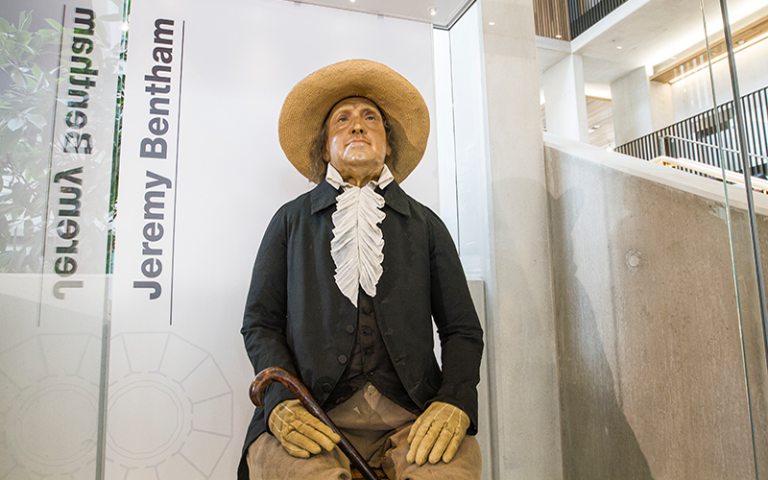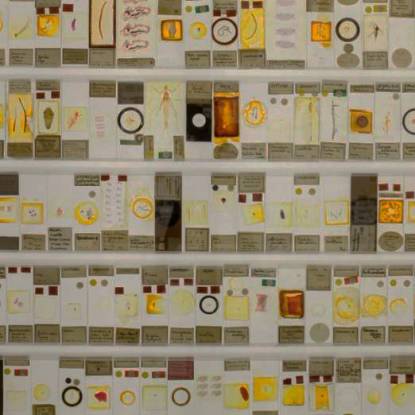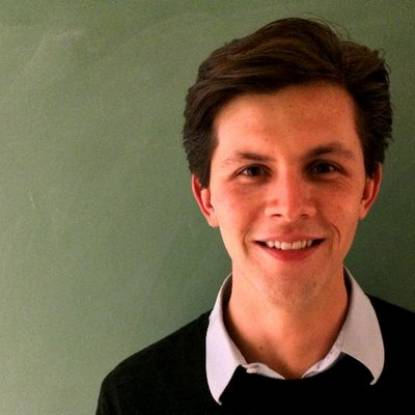Jeremy Bentham’s lifelong plans for the auto-icon

Born in London in 1748, Jeremy Bentham was one of the world’s great thinkers and reformers. Bentham studied law and was called to the Bar in 1769, but quickly abandoned the practice of the law in favour of a lifetime seeking to reform it.
Bentham is famous for developing the doctrine of utilitarianism — that an action is right if it increases happiness — as a critical standard by which to judge laws, institutions and practices. Bentham's liberal and egalitarian ideas inspired the founders of UCL and, by chance, his preserved body ended up here too. You can still see his Auto-icon on display in the Student Centre.
The Auto-Icon is the preserved skeleton of Jeremy Bentham. It was prepared according to his own instructions, wears his own clothes, sits in his own chair and carries his own stick which he nicknamed Dapple. But how did Bentham come to such a radical decision about his body?
The answer to this question lies, in part, in his many Wills which have now been transcribed by UCL Research Dr Tim Causer. It was common for people in the 1700s to make multiple Wills, particularly before travel or after changes in family status. Bentham’s Wills tell the story of how he refined his plan to leave his remains to benefit medical science over decades, and it was not the last whim of an eccentric Englishman.
From at least the age of 21, Bentham had thought about how he might benefit humankind after his death by donating his body to science for dissection. You can trace this line of thought from his first will of 1769, to his last will and testament made a few days before his death on 6 June 1832.
The research highlights a range of fascinating snippets and insights into Bentham’s life:
• In his first will of 24 August 1769, made when he had come of age, Bentham first mentioned leaving his body to medical science ‘to the intent and with the desire that Mankind may reap some small benefit in and by my decease, having hitherto had small opportunities to contribute thereto while living’. He requested that his remains be delivered to the renowned Scottish physician George Fordyce - whose daughter, Mary Sophia, married Bentham’s younger brother, Samuel, in October 1796.
• Bentham’s second will of 17 August 1785 was made near Paris when he was setting out to visit his brother Samuel in Russia, presumably in case he didn’t survive the voyage.
• His third will, made on 15 July 1792 not long after his father’s death and on Bentham’s becoming head of the family, is very short and simply revokes his earlier wills, leaving all of the family property to Samuel.
• In a codicil to the will of 1792, dated 29 March 1824, Bentham restated his desire to leave his body to science, and for the first time described how his remains might be assembled—he does not use the word ‘auto-icon’—and brought to a meeting of his friends at ‘a club in commemoration of my birth and death … at one end of the table, after the manner in which, at a public meeting, a chairman is commonly seated’.
• In Bentham’s final will and testament of 30 May 1832, he revoked all of his previous wills, and in an annex described how the auto-icon was to be assembled.
There are some intriguing insights into Bentham’s private life too. For instance, the will of 1785 reveals that he travelled to Russia in the company of a Scottish explorer called Logan Henderson, and Henderson’s two nieces; Bentham subsequently discovered that one of the women was in fact Henderson’s mistress, and she and Bentham hated one another.
Meanwhile, his last will and testament of 1832 is revealing about the elderly Bentham’s domestic arrangements. He left money to his servants William Stockwell, Mary Watson, and Ann Lay, as well as to his long-serving gardener John Elrick. The list of individuals to whom he bequeathed twenty-six gold mourning rings—including his dentist, Thomas Cartwright, the Marquis de Lafayette, Sarah Austin, and the Guatemalan politician José del Valle—is revealing about Bentham’s friendships and international influence.
Want to find out more?
Ten Things you Didn’t know about Jeremy Bentham
Help transcribe more of Bentham’s writings via the Bentham Project
 Close
Close



